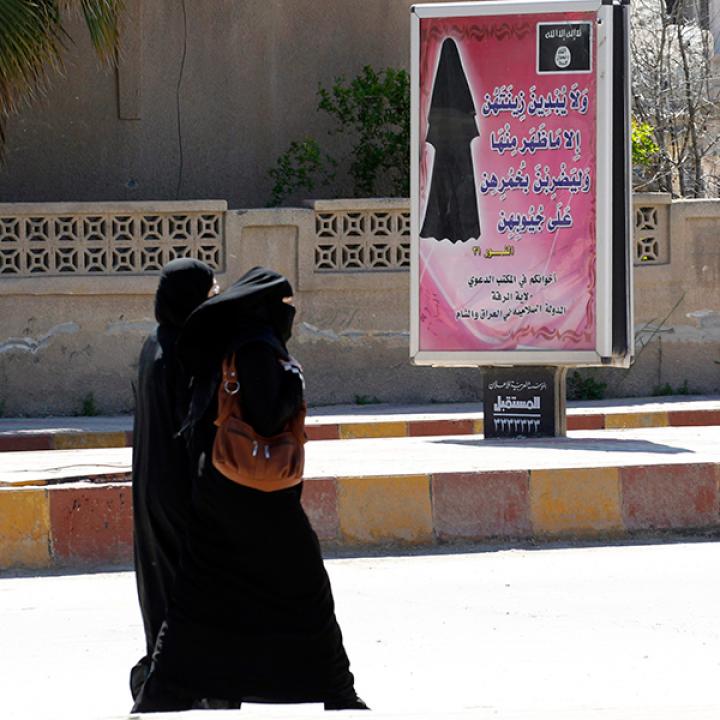

The establishment of jihadi governance projects is becoming the new normal as ISIS and al-Qaida learn from past mistakes, but the long-term sustainability of these efforts remains unclear.
When compared with its first state as ISI and its building toward a second state as ISIS, the post-June 2014 IS structures, plans, and implementation are far superior. Further, depending on the date and the particular province, IS did live up to its own standards of governance. That's not to legitimize it, but rather to understand it on its own terms. This increased efficacy illustrates the organization's ability to learn from past experiences. It also suggests that IS may apply lessons learned as more of its governance plays out in areas outside of Iraq and Syria -- especially in Libya, but possibly even in Yemen or Afghanistan in the future. New knowledge will sharpen IS's thinking and continue its growth and evolution as well as shorten its learning curve.
Therefore, aspects of the IS model could shift in the future. Moreover, since the American-led airstrikes began, its capabilities have been slowly diminished. As a result, it is currently difficult to determine whether IS is living up to its standards anymore.
Similar to the Islamic State, al-Qaida is in the process of learning lessons from the governance experience of the ISI in the mid-2000s. It is also looking back on its first attempted cases of governance activities by its own branches in the past several years in Somalia, Yemen, Mali, and Syria. Unlike IS, al-Qaida is attempting to root itself into local insurgencies in Libya, Syria, Yemen, and Mali, and not play a monopolizing role (at least for now). The second governance attempt by al-Qaeda in the Arabian Peninsula (AQAP) is still in its infancy, but its performance will provide more answers about the evolution in al-Qaida's thinking on governance and how it differs from IS's second governance attempt.
The establishment of jihadi governance projects are a new normal. For now, it's clear that IS has set a higher standard when compared to its earlier attempt a decade ago and to al-Qaida's present governance. But the question going forward is whether either IS's or al-Qaida's models (or both) will be able to self-sustain in the long-term as they continue to incorporate lessons learned...
To read the full version, download the PDF. This article originally appeared on the Brookings Institution website as part of the "Experts Weigh In" series.
Brookings Institution




